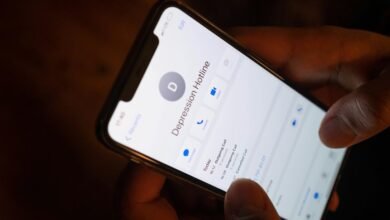8448162860 How to Create and Market Your Online Course

Creating and marketing an online course requires careful planning and strategy. First, the curriculum must engage learners through interactive elements and varied teaching methods. Next, effective marketing techniques, including a robust online presence and targeted outreach, are essential for attracting students. Finally, fostering a supportive community can enhance collaboration among learners. Understanding these components can significantly influence the success of a course, but what specific strategies should one implement to ensure a thriving educational environment?
Designing an Engaging Curriculum
While many educators focus on content delivery, designing an engaging curriculum requires a strategic approach that prioritizes learner engagement and interaction.
Curriculum mapping plays a crucial role, aligning objectives with interactive elements that foster participation.
Effective Marketing Strategies
An engaging curriculum lays the foundation for a successful online course, but it is effective marketing strategies that ensure the course reaches its intended audience.
Utilizing social media platforms allows for dynamic outreach and connection with potential learners.
Additionally, implementing targeted email marketing campaigns can nurture leads and build anticipation, ultimately driving enrollment and fostering a sense of freedom in pursuing knowledge.
Building a Community and Supporting Learners
Creating a vibrant community around an online course enhances the learning experience and fosters lasting connections among participants.
Prioritizing community interaction encourages collaboration and engagement, enabling learners to share insights and support each other.
Conclusion
In the vibrant landscape of online education, the fusion of an engaging curriculum, strategic marketing, and a nurturing community creates a powerful learning ecosystem. Picture a bustling marketplace where knowledge flows freely, and connections spark innovation. As course creators refine their offerings through continuous feedback and metrics, they sculpt not just courses, but transformative experiences. This dynamic interplay ensures that learners not only absorb information but thrive, forging lasting relationships that extend beyond the digital classroom.





